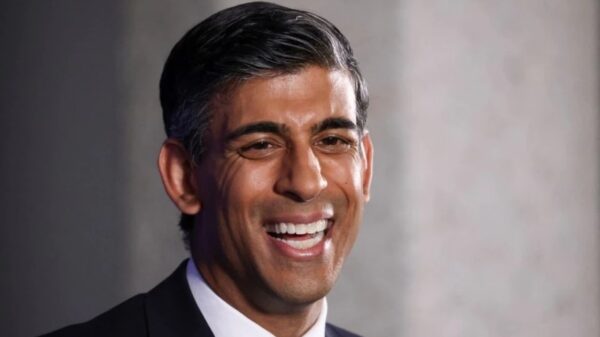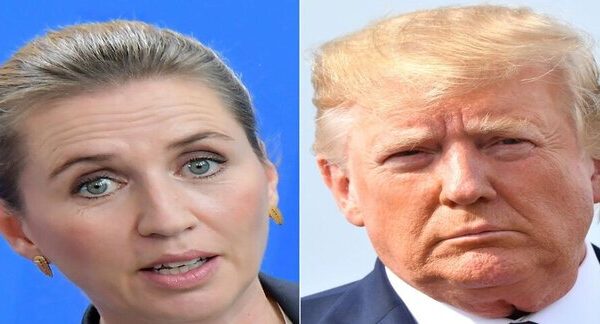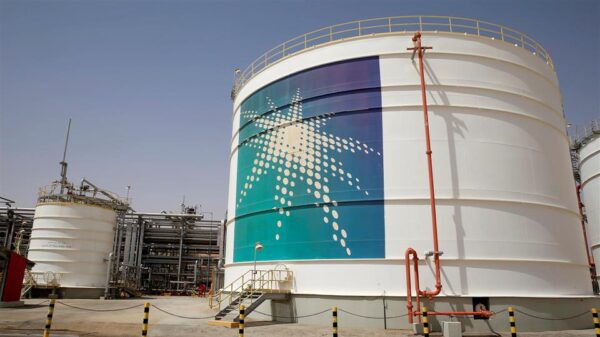IMF’s Message to Pakistan: Prioritize Policy Implementation for Progress
IMF Stresses Steadfast Policy Implementation as Crucial for Pakistan’s Economic Recovery
In a press conference held on Thursday, International Monetary Fund (IMF) spokesperson Julie Kozack highlighted the critical importance of steadfast policy implementation for Pakistan in the foreseeable future. The statement comes after the IMF approved a bailout package to aid the cash-starved nation.
Kozack emphasized that the success of the economic stabilisation programme and support for the people of Pakistan hinge on the effective implementation of policies. The IMF recently granted a nine-month $3 billion Stand-By Arrangement (SBA) to bolster the country’s economic situation.
After eight months of negotiations, the Pakistani government secured the IMF loan, averting a sovereign default. However, the IMF has set certain conditions for the loan, including the strengthening of public finances, increasing tax revenues, managing non-essential expenditures, and addressing the energy sector’s circular debt.
To date, the IMF has already disbursed $1.2 billion to Pakistan, with the remaining amount contingent upon successful reviews in November and February. The new programme aims to stabilize the economy, address the balance of payments, protect vulnerable segments of society, and secure financing from bilateral and multilateral partners.
While the SBA is a short-term plan, Kozack noted that it provides an opportunity for Pakistan to implement vital policies that will strengthen both the domestic and external economic landscape, thereby promoting sustainability. Additionally, she stressed that long-term reforms are necessary to address structural challenges, foster inclusive growth, and create an environment conducive to attracting private capital inflows.
The South Asian nation has been grappling with a balance-of-payments crisis aggravated by significant external debt and a challenging political environment following the departure of former Prime Minister Imran Khan. Pakistan has faced skyrocketing inflation, a depreciating currency, and an inability to afford imports, leading to a sharp decline in industrial output.
Pakistan has engaged in numerous agreements with the IMF in the past, most of which remained unfinished. Prior to the approval of the recent loan, the country received $3 billion in deposits from Saudi Arabia and the United Arab Emirates.
Recent official data indicates a slight increase in the central bank’s foreign exchange reserves, with an additional $61 million recorded, bringing the total to $4.52 billion by the week ending July 7.








